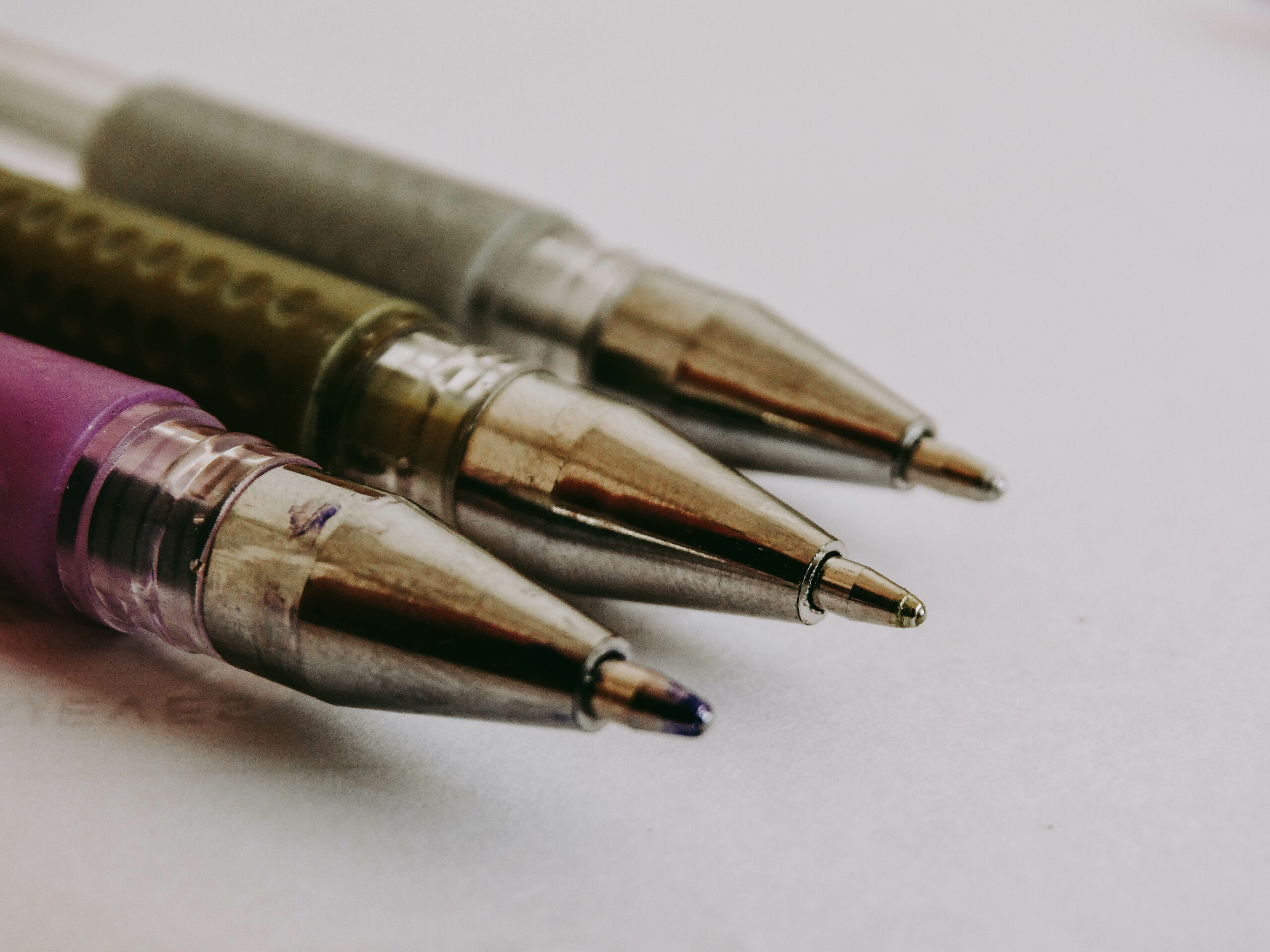Legendary musician Bob Dylan apologised last week after it emerged that he had used an ‘autopen’ device to sign copies of his new book, much to the dismay of fans.
Customers who bought the limited edition signed copies of ‘The Philosophy of Modern Song’ thought they had been autographed in person by Dylan himself, when in fact his signature had been recreated using a machine with the ability to create authentic-looking replicas.
It’s understandable that fans of artists and other public figures would want to know that an autograph they owned was genuine.
Knowing that the hand that wrote ‘Like a Rolling Stone’ had also signed a book that you owned would provide a sense of wonder and mystique that would be lost if you knew the signature was a machine-made replica.
But most signatures are made for much less sentimental reasons, and that’s where the electronic signature comes in.
When it comes to contracts or deeds, the only value you attach the signatures on these documents is that they offer assurance that agreements will be honoured.
At Videosign, we understand that our clients want to have the highest level of confidence that signatures on their documents will stand up to legal scrutiny in the event of a dispute.
That’s why we use biometric scanning to identify document signatories, record the video conference where the signing takes place, and place tamper-proof electronic seals on the completed documents for security.
Would you use Videosign to get your favourite celebrity’s autograph? Probably not.
But for everything else, electronic signatures are the most convenient, safest and most robust way of closing a contract.
As Bob Dylan famously said, the times they are a-changing. Unless you’re the sort of person who signs a lot of autographs, it’s time to ditch pen and ink once and for all.

